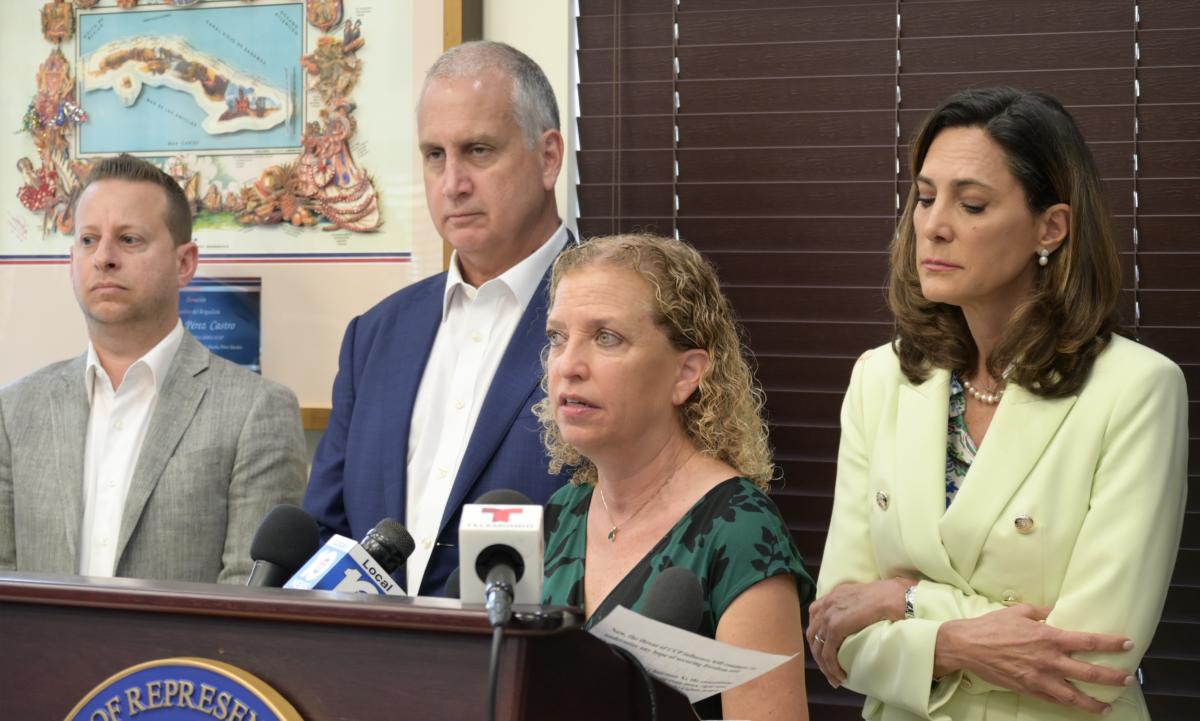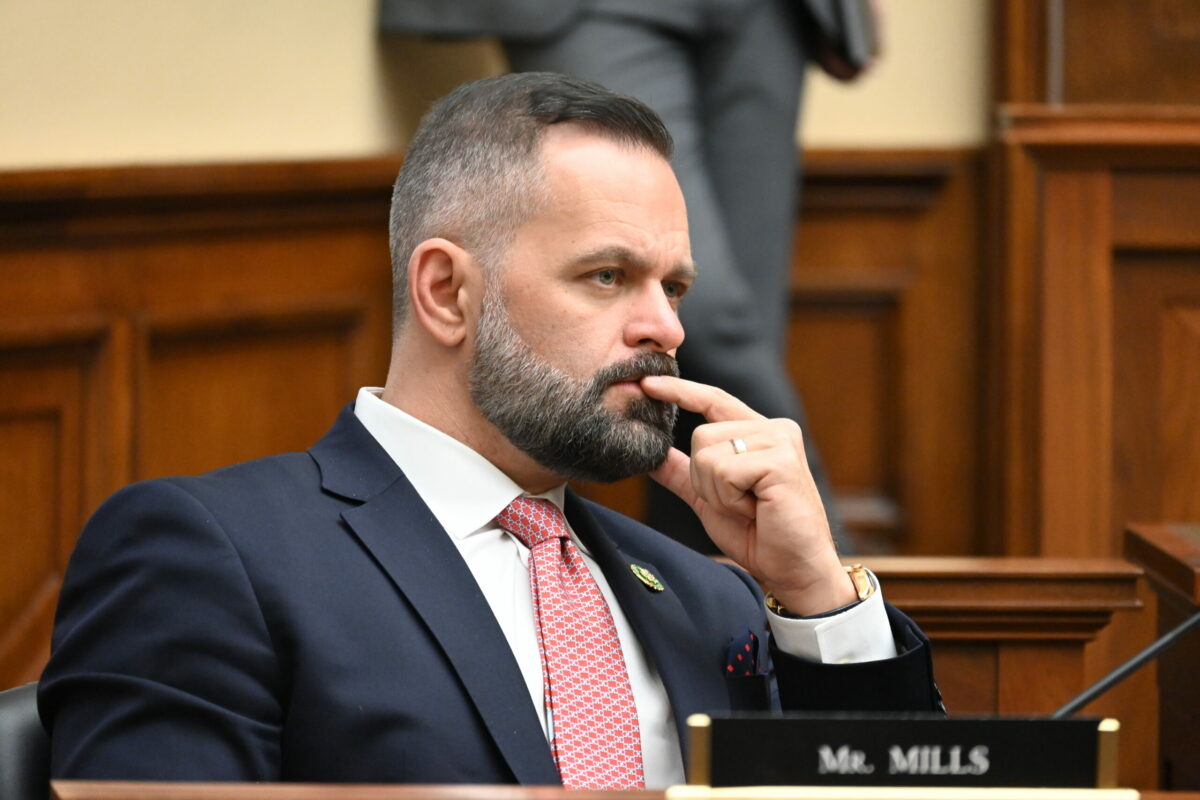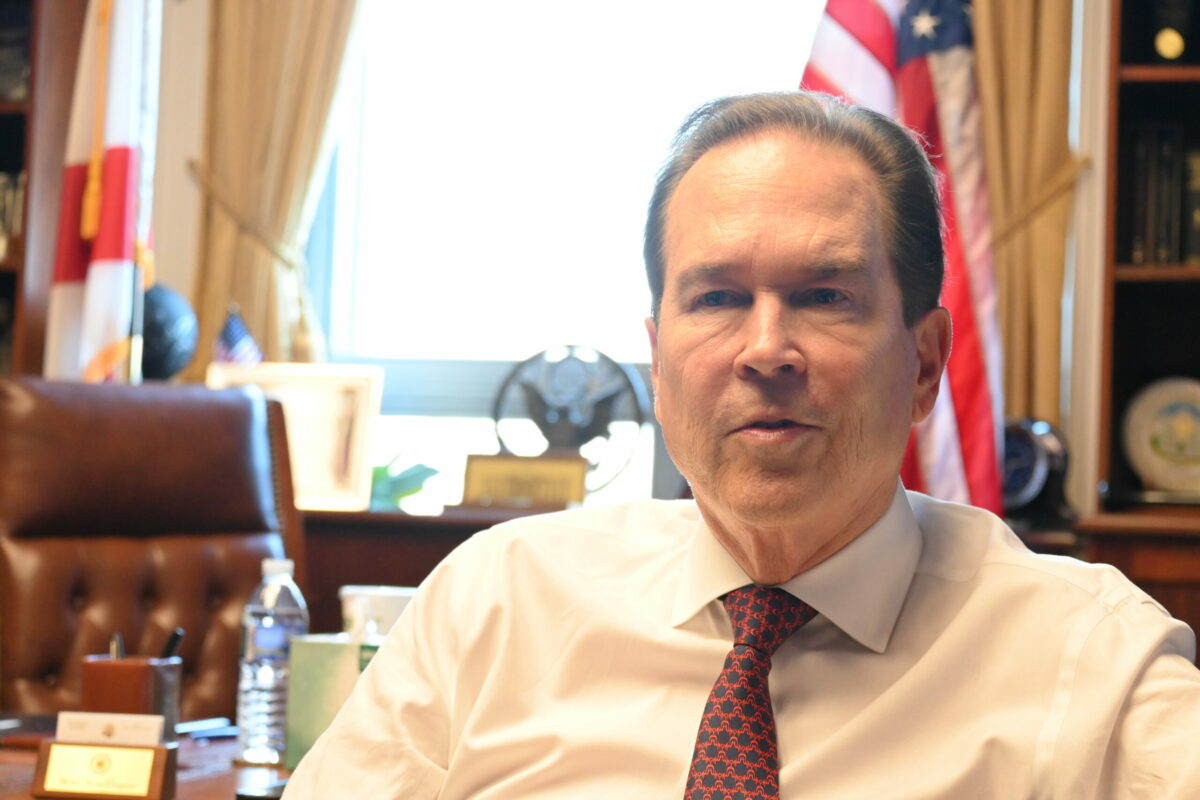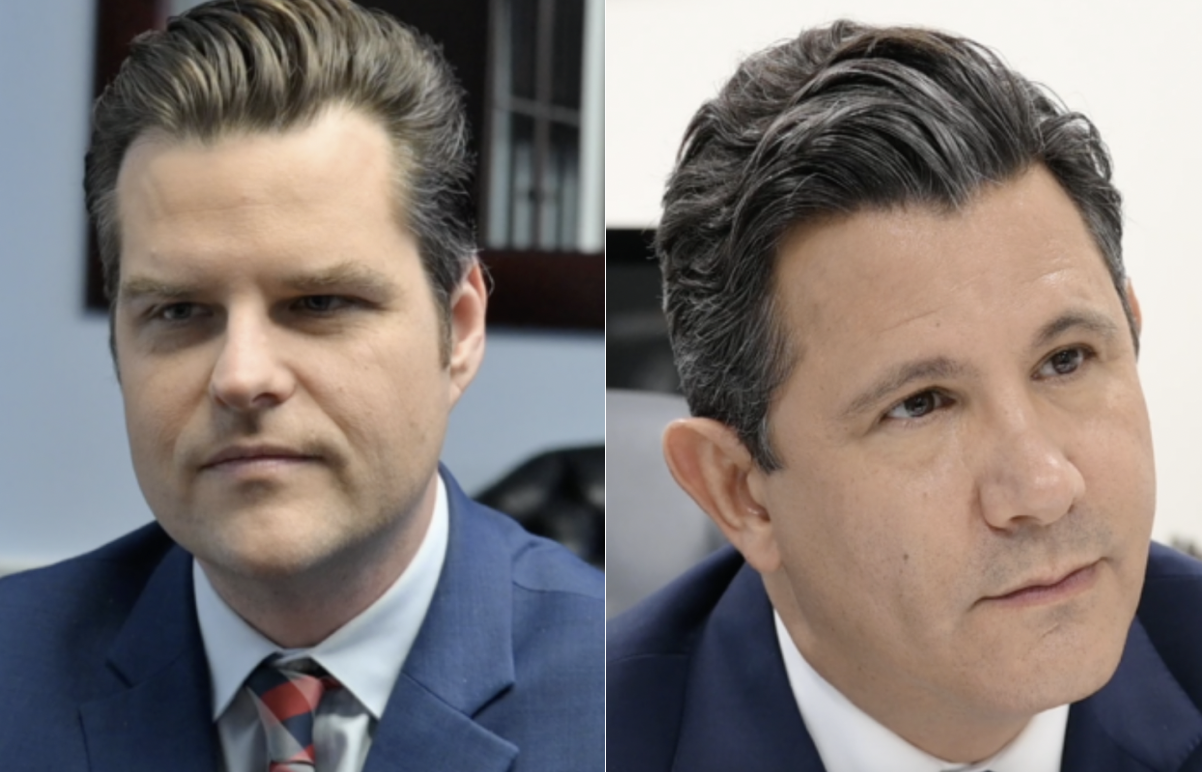As she prepares to make an announcement on June 1st, which many believe will be her gubernatorial run, Florida Agriculture Commissioner Nikki Fried (D) announced today that there was a new urban farming partnership with two organizations from the Tampa Bay area. Joined by St. Petersburg Mayor Rick Kriseman (D) and Tampa Mayor Jane Castor (D), Fried made the announcement, showcasing that St. Petersburg would be working with Tampa’s Lykes Brothers Inc. and St. Petersburg’s Brick Street Farms on an urban farming partnership.
“This will help both Tampa and St. Petersburg and the whole Tampa Bay region over and over and over again,” Fried commented, adding that “this is a perfect example of how government is helping facilitate business development, while serving the greater good in our communities.”
The connection between the two organizations and St. Petersburg was established at the Florida-Israel Agricultural Innovation Summit.
Lykes Brothers Inc., which is a family-owned agri-business, announced that it would be investing into Brick Street Farms, which is the only female-founded and led company involved in the vertical farming industry as Mayor Kriseman noted.
Brick Street Farm’s announcement entails planting hubs throughout Tampa Bay, which will eventually lead across urban centers on the East Coast. The hubs are explained to be self-contained, environmentally sustainable shopping containers that can grow between 16 and 20 acres of farmland on 1/3 acre lots. The centers are climate controlled and they minimize the usage of water, which provides for on-site retail shopping and farming.
Brick Street Farm is expected to begin expanding by opening two hubs in Tampa Bay, which includes one in the St. Pete Warehouse Arts District and another one in Tampa. The former will open in late 2021 and the latter will open in early 2022.
Mallory Lykes Dimmitt, the Vice President of Lykes Brothers Inc. championed the partnership, commenting that “this opportunity with Brick Street Farms brings together all the things we value, just in a more compact footprint than we’re used to.”







